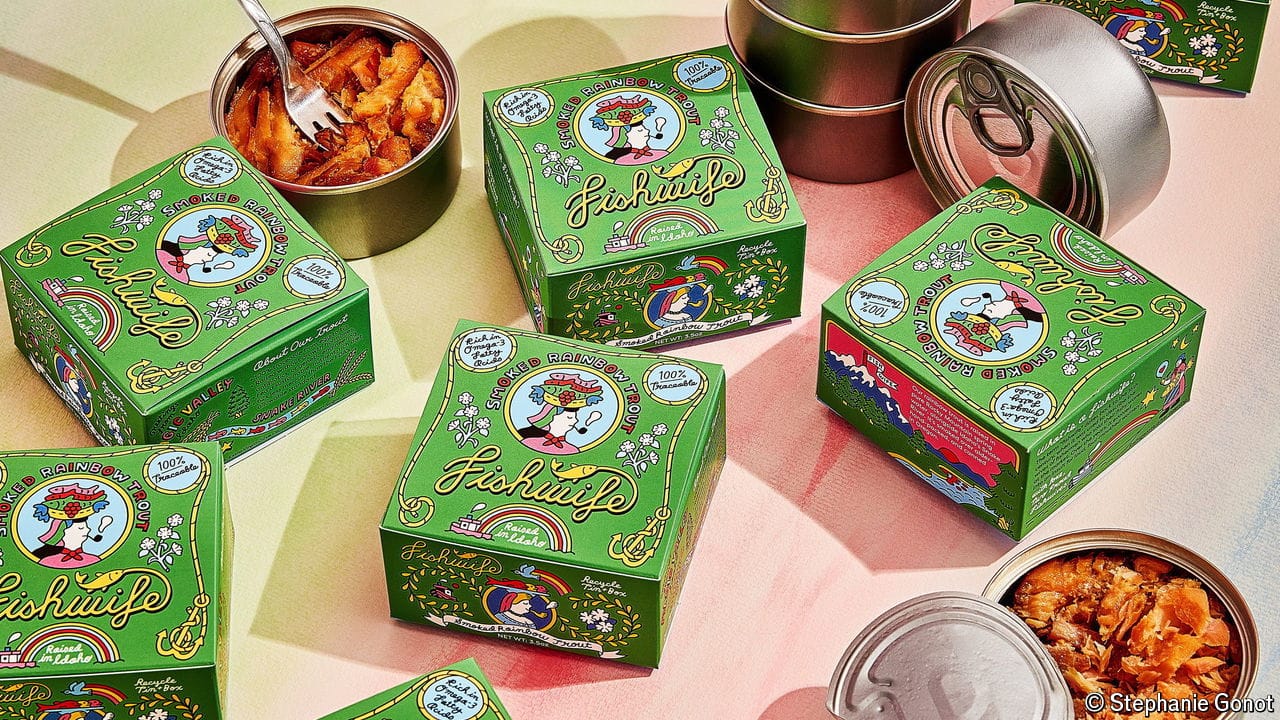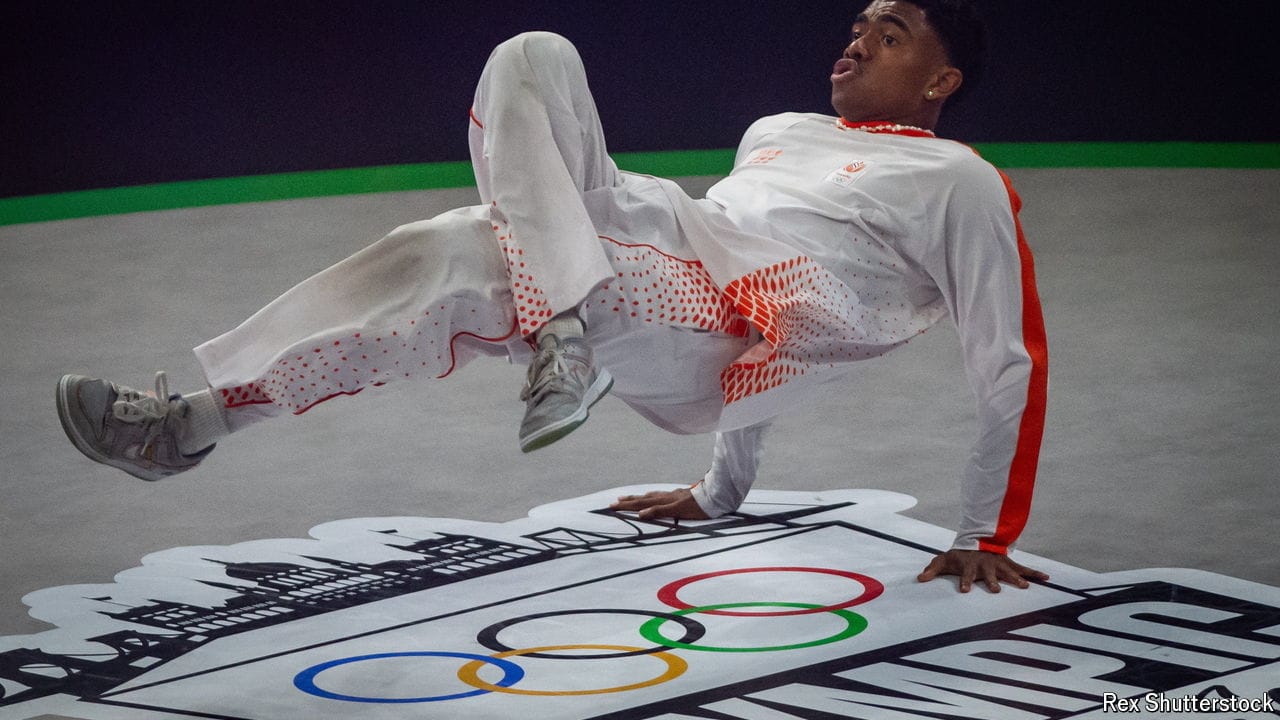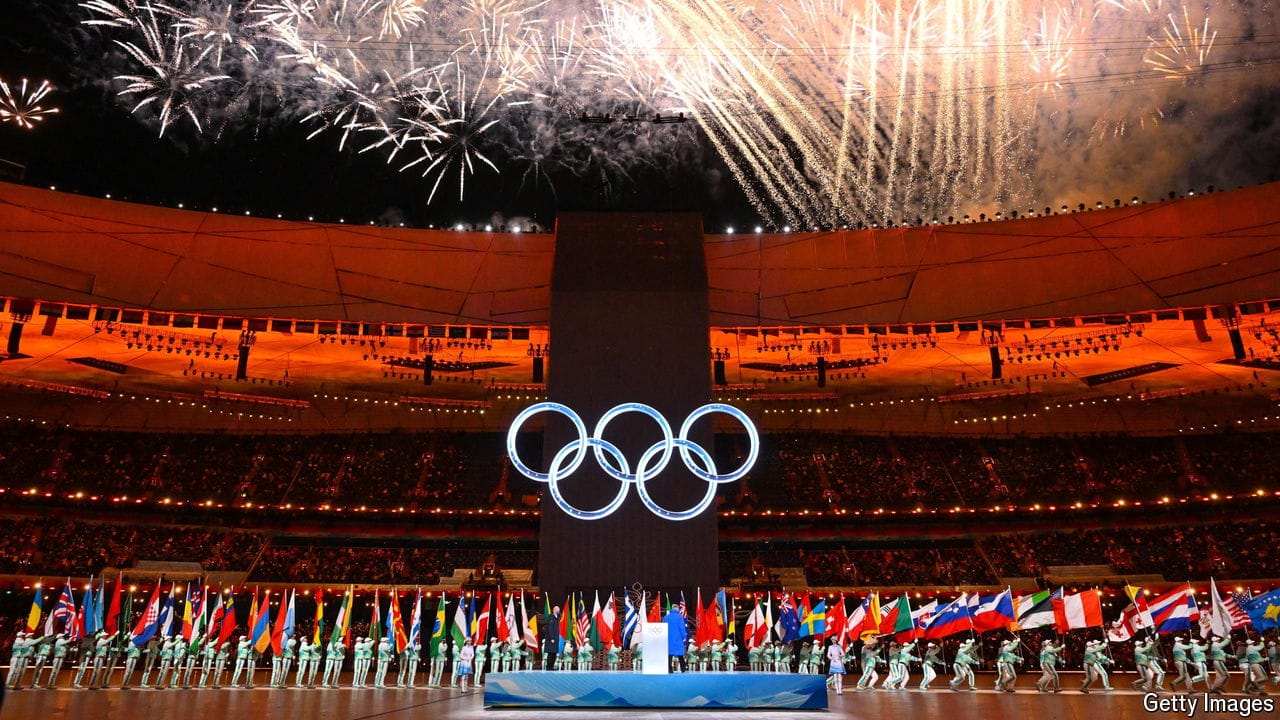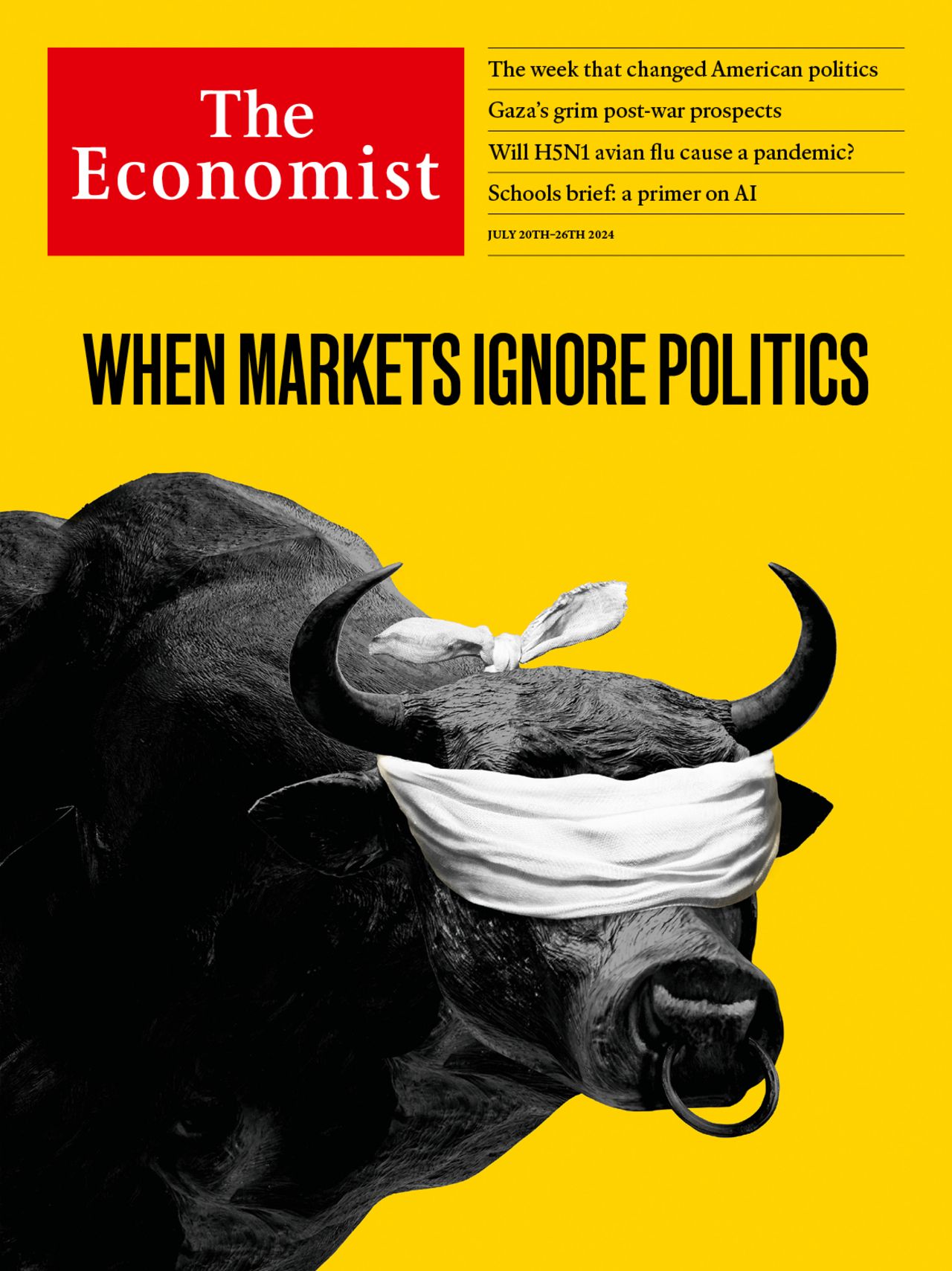Taking on the global brotherhood of despots
How autocrats collaborate, and how they fall

In 1999 Hugo Chávez made a choice. He had won Venezuela’s presidency promising revolutionary change. His chief of internal police brought him evidence of graft within his regime: some top officials were stealing from a fund for the poor. Chávez listened, said nothing and sacked the whistleblower. Insiders got the message: if you are loyal, you can steal. Chávez (pictured) wanted to stay in power for ever. He bet “that corrupt officials would prove more malleable than clean ones, and he was right”, writes Anne Applebaum.
Ms Applebaum, a journalist, made her name with “Gulag”, a history of the Soviet Union’s prison camps that won the Pulitzer prize. Her new book, “Autocracy, Inc”, is shorter and more urgent. Whatever their professed ideology, today’s strongmen typically crave little besides power itself and the loot it brings. They share an enemy: checks on power, and the democratic world that espouses them. That common enemy spurs them to collaborate, spinning global networks of mutual support.
Explore more
This article appeared in the Culture section of the print edition under the headline “Gangsters-in-chief”
More from Culture

Tinned fish is swimming against the tide
Once a staple of wartime diets, it is now a social-media phenomenon

The Paris Olympics are breaking’s one shot to become a global sport
But its inclusion was not without controversy

The most memorable part of the Paris Olympics may be uncompetitive
Opening ceremonies remain a core part of the Olympic experience
The Seine may determine athletes’ success at the Paris Olympics
Yet the river plays an even more vital role in the culture and economy of the city
The real theme of J.D. Vance’s and Donald Trump’s memoirs
“Hillbilly Elegy” and “The Art of the Deal” reveal a lot about who the men are—and were
How “The Blair Witch Project” changed horror films
Released 25 years ago, it was a masterclass in doing more with less
